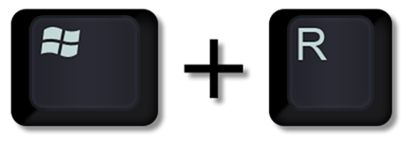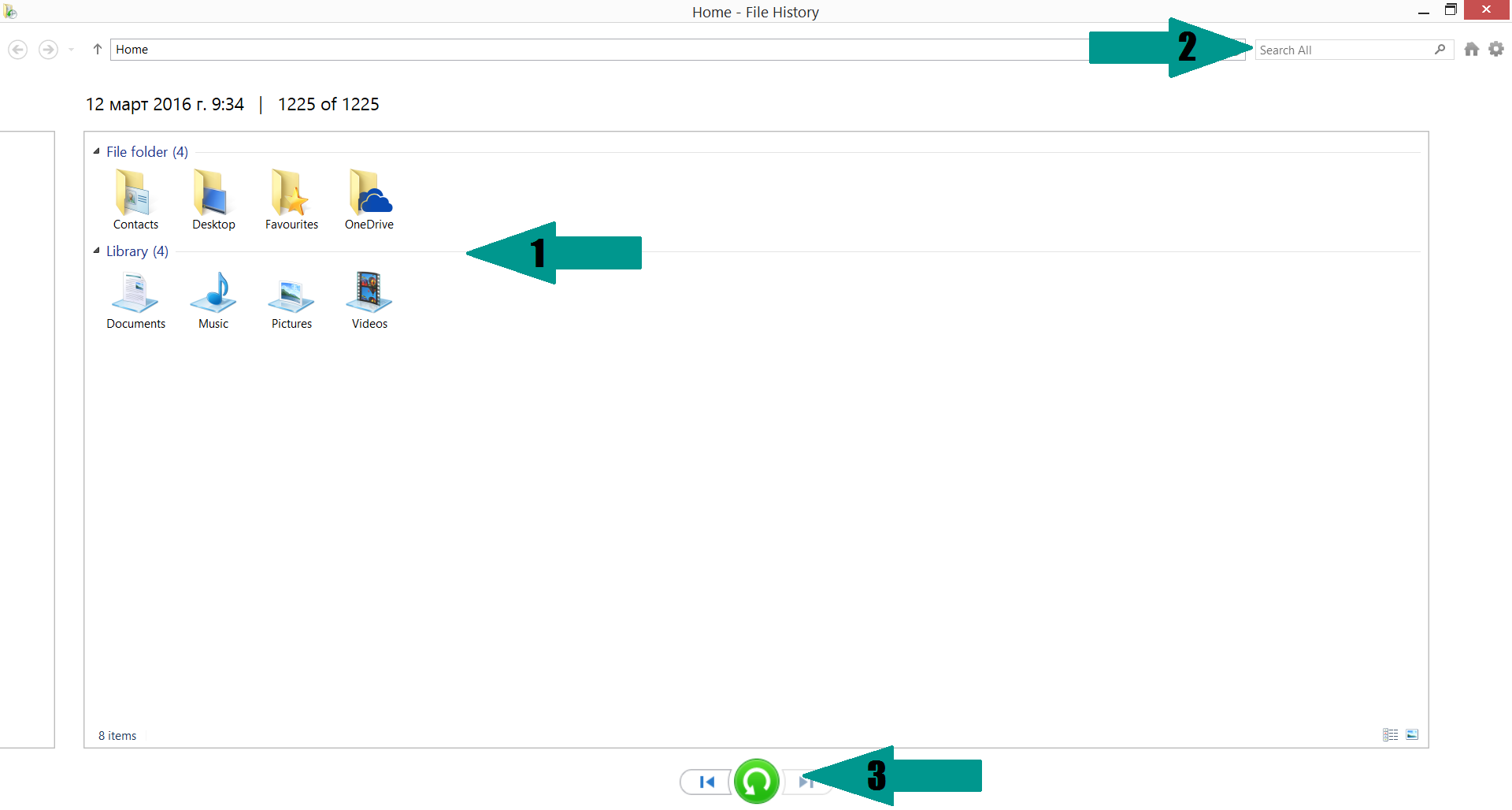342 Locky is the new version of the notorious ransomware family. The virus uses the .342 extension to mark encrypted files. As usual, the ransomware wants you to pay a BTC ransom for the key to your files. The problem can be solved. This article will explore how.
| Name |
342 Locky |
| File Extensions |
.342 |
| Ransom |
Around 2 BTC or $1500 |
| Best Solution |
Skip the manual process and remove 342 Locky with the help of an anti-malware tool. |
| Distribution |
Email Spam, exploit kits. |
342 Locky – Technical Details
The 342 Locky virus is distributed with the help of email spam. These malicious letters contain Word documents that drop the virus on your computer. The files may be masked to look like they were sent from Microsoft as an update package.
A computer infected with the 342 Locky virus will be scanned for certain file type, usually photos, videos, documents, audio files, and even files of PC games such as DayZ.
Here’s the Full List of Targeted Extensions:
.rar, .docm; .docx; .doc; .odb; .odc; .odm; .odp; .ods; .odt; .pptm; .pptx; .ppt; .xlk; .xlsb; .xlsm; .xlsx; .xls; .wps; .rofl; .hkx; .bar; .upk; .das; .iwi; .litemod; .asset; .forge; .ltx; .bsa; .apk; .re4; .sav; .t13; .lbf; .slm; .bik; .epk; .7z; .rar; .m4a; .wma; .avi; .wmv; .csv; .d3dbsp; .sc2save; .sie; .sum; .t12; .qdf; .gdb; .tax; .pkpass; .bc6; .bc7; .bkp; .qic; .bkf; .sidn; .sidd;.itl; .itdb; .icxs; .hvpl; .hplg; .hkdb; .mdbackup; .syncdb; .gho; .svg; .map; ibank; .mddata.
For people who buy their games and movies legally, the ransomware can delete quite a lot of data. The 342 Locky may even target the save files of some games, resulting in a loss of progress.
The 342 Locky will demand a large payment of around 2 BitCoin for the decryption of locked files. We encourage you not to pay the scammers and search for alternative ways to restore your Windows back to normal.
How To Prevent 342 Locky Ransomware Infection?
Since the 342 Locky virus relies on spammed email for distribution, the best way to prevent infection is to follow these classic guidelines:
- Don’t download malicious attachments
- Never open emails from unknown sources
- Be wary of emails that mask themselves as legit
The scammers behind Locky are smart, and they adapt their viruses according to better fool people. The truth is that viruses are still very effective, not because they’re impossible to prevent, but due to the simple truth that people aren’t used to thinking about their cyber-security. Safety within the web is very important. The desktop PC of the average user has a lot of private data that can be jeopardized by malware. This can be very costly.
342 Locky Ransomware Removal
For a faster solution, you can run a scan with an advanced malware removal tool and delete 342 Locky completely with a few mouse clicks.
STEP I: Start the PC in Safe Mode with Network
This will isolate all files and objects created by the ransomware so they will be removed efficiently.
-
1) Hit WIN Key + R

- 2) A Run window will appear. In it, write “msconfig” and then press Enter
3) A Configuration box shall appear. In it Choose the tab named “Boot”
4) Mark “Safe Boot” option and then go to “Network” under it to tick it too
5) Apply -> OK
Or check our video guide – “How to start PC in Safe Mode with Networking”
STEP II: Show Hidden Files
-
1) Open My Computer/This PC
2) Windows 7
-
– Click on “Organize” button
– Select “Folder and search options”
– Select the “View” tab
– Go under “Hidden files and folders” and mark “Show hidden files and folders” option
3) Windows 8/ 10
-
– Open “View” tab
– Mark “Hidden items” option

4) Click “Apply” and then “OK” button
STEP III: Enter Windows Task Manager and Stop Malicious Processes
-
1) Hit the following key combination: CTRL+SHIFT+ESC
2) Get over to “Processes”
3) When you find suspicious process right click on it and select “Open File Location”
4) Go back to Task Manager and end the malicious process. Right click on it again and choose “End Process”
5) Next you should go folder where the malicious file is located and delete it
STEP IV: Remove Completely 342 Locky Ransomware Using SpyHunter Anti-Malware Tool
SpyHunter anti-malware tool will diagnose all current threats on the computer. By purchasing the full version, you will be able to remove all malware threats instantly. Additional information about SpyHunter / Help to uninstall SpyHunter
STEP V: Repair Windows Registry
-
1) Again type simultaneously the Windows Button + R key combination
2) In the box, write “regedit”(without the inverted commas) and hit Enter
3) Type the CTRL+F and then write the malicious name in the search type field to locate the malicious executable
4) In case you have discovered registry keys and values related to the name, you should delete them, but be careful not to delete legitimate keys
Further help for Windows Registry repair
STEP VI: Recover Encrypted Files
-
1) Use present backups
2) Restore your personal files using File History
-
– Hit WIN Key
– Type “restore your files” in the search box
– Select “Restore your files with File History”
– Choose a folder or type the name of the file in the search bar

- – Hit the “Restore” button
3) Using System Restore Point
-
– Hit WIN Key
– Select “Open System Restore” and follow the steps

STEP VII: Preventive Security Measures
-
1) Enable and properly configure your Firewall.
2) Install and maintain reliable anti-malware software.
3) Secure your web browser.
4) Check regularly for available software updates and apply them.
5) Disable macros in Office documents.
6) Use strong passwords.
7) Don’t open attachments or click on links unless you’re certain they’re safe.
8) Backup regularly your data.



